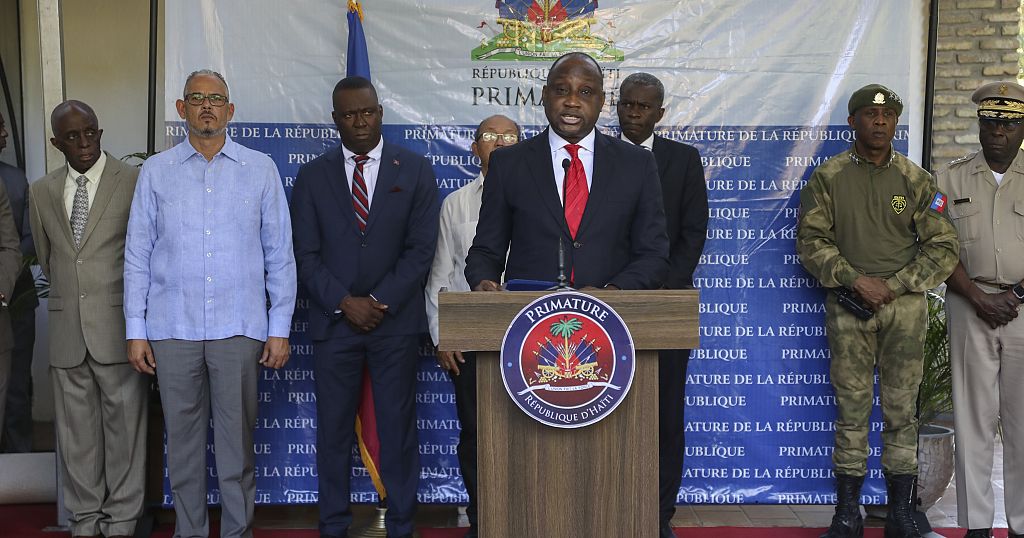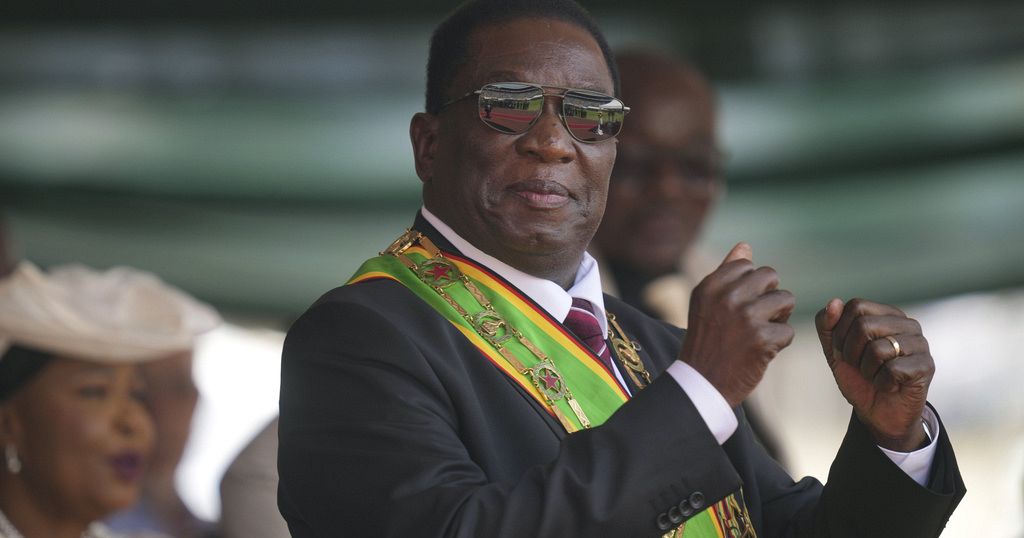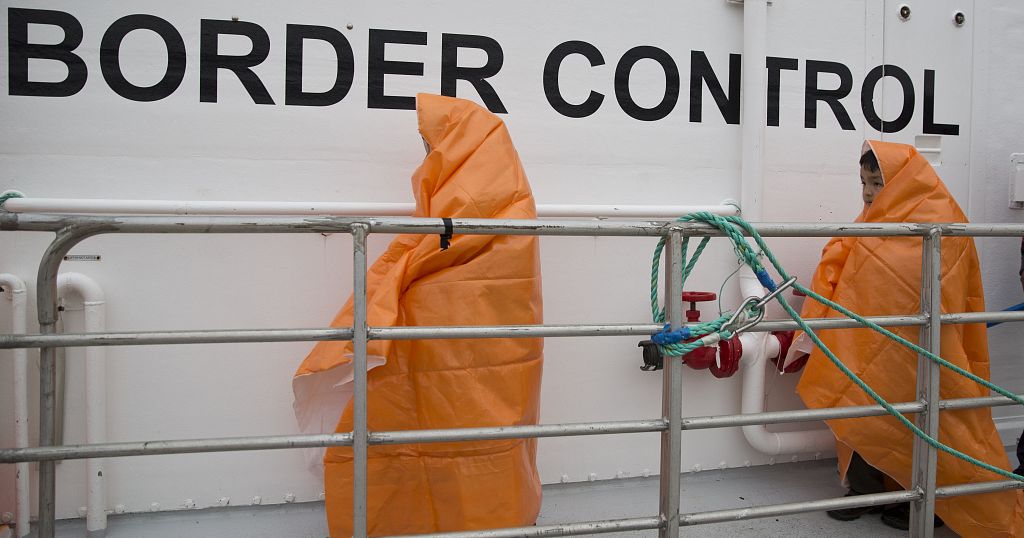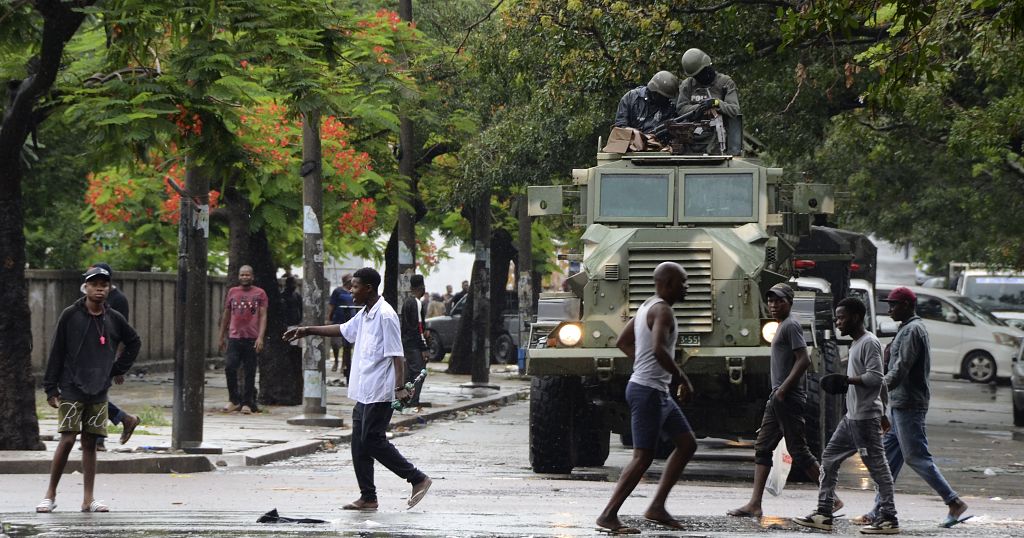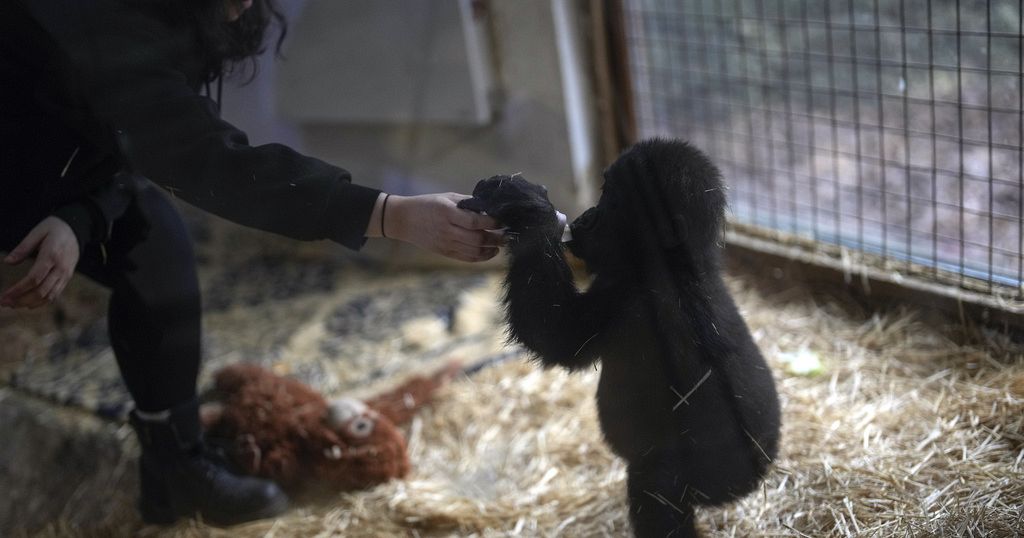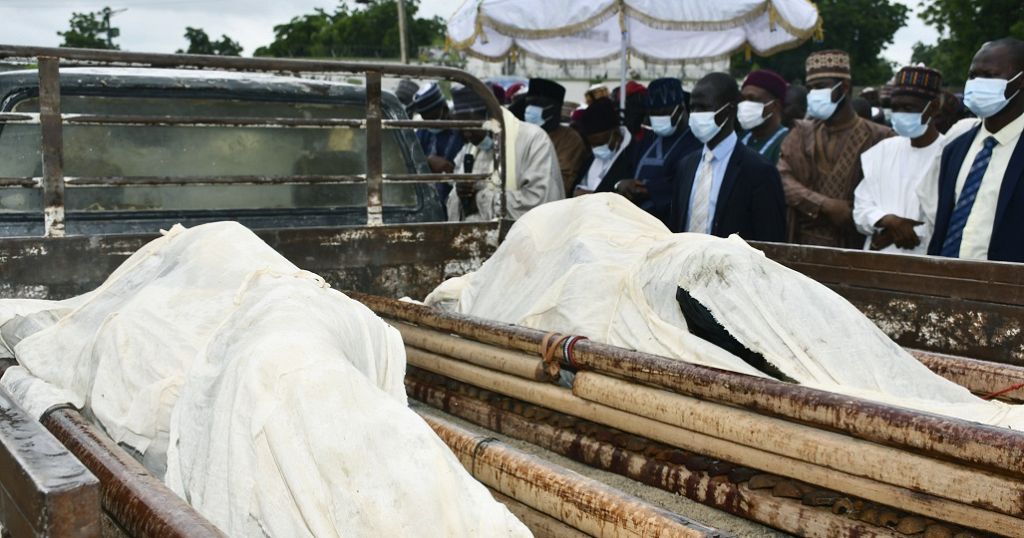No time to forget South Sudan, warns the UN
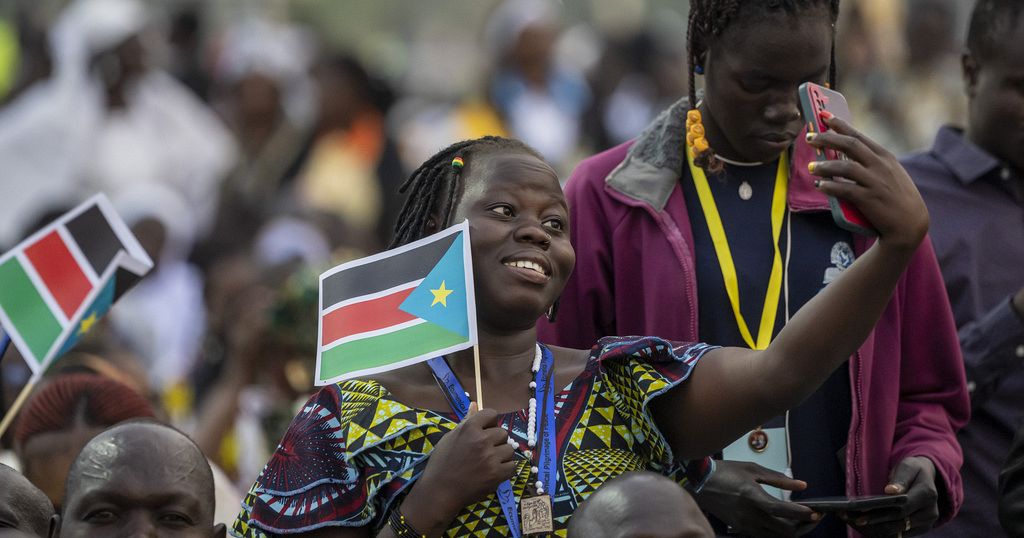
The war in Sudan, which has shown “how quickly hard-won gains towards peace can be wiped out”, must not distract attention from the risks facing South Sudan, the UN envoy to the country warned on Tuesday.
After gaining independence from Sudan in 2011, South Sudan plunged into a civil war that left almost 400,000 people dead and millions displaced between 2013 and 2018. A peace agreement signed in 2018 provided for the principle of power-sharing between rivals Salva Kiir and Riek Machar within a government of national unity.
But tensions remain and violent local armies continue to bloody the youngest country on earth.
Nicholas Haysom, head of the UN Mission in South Sudan (UNMISS), told the Security Council that the fighting in neighboring Sudan over the past two months was having “consequences” on “many fronts”, particularly the economic and security fronts.
“Since mid-April, more than 117,000 women, children and men have crossed the border from Sudan into South Sudan”, 93% of whom are South Sudanese refugees returning to their country, he noted, stressing that the “capacities” of the government and humanitarian workers “are under pressure, with limited local resources and a bottleneck” in the border towns.
“The economic impact of the conflict is overshadowing an already fragile situation,” he insisted, referring to the interruption of imports from Sudan.
“Politically, the conflict in Sudan is reducing the amount of attention, both national and international, that is needed for South Sudan at this critical time of transition,” he added, calling for the peace process in South Sudan not to pay the price for President Kiir’s involvement in the peace efforts in his neighboring country.
“This is not the time to take our eyes off South Sudan. What we have learned from Sudan is how quickly hard-won gains towards peace can be wiped out,” he warned, referring to the risks of exacerbating “the triggers and drivers of conflict”.
In a context of “competition for limited resources in areas of new displacement”, the UN envoy described in particular an “escalation of tensions between communities, often with an ethnic connotation, in an environment marked by economic difficulties, pre-existing community tensions and the presence of weapons”.
Source: Africanews


